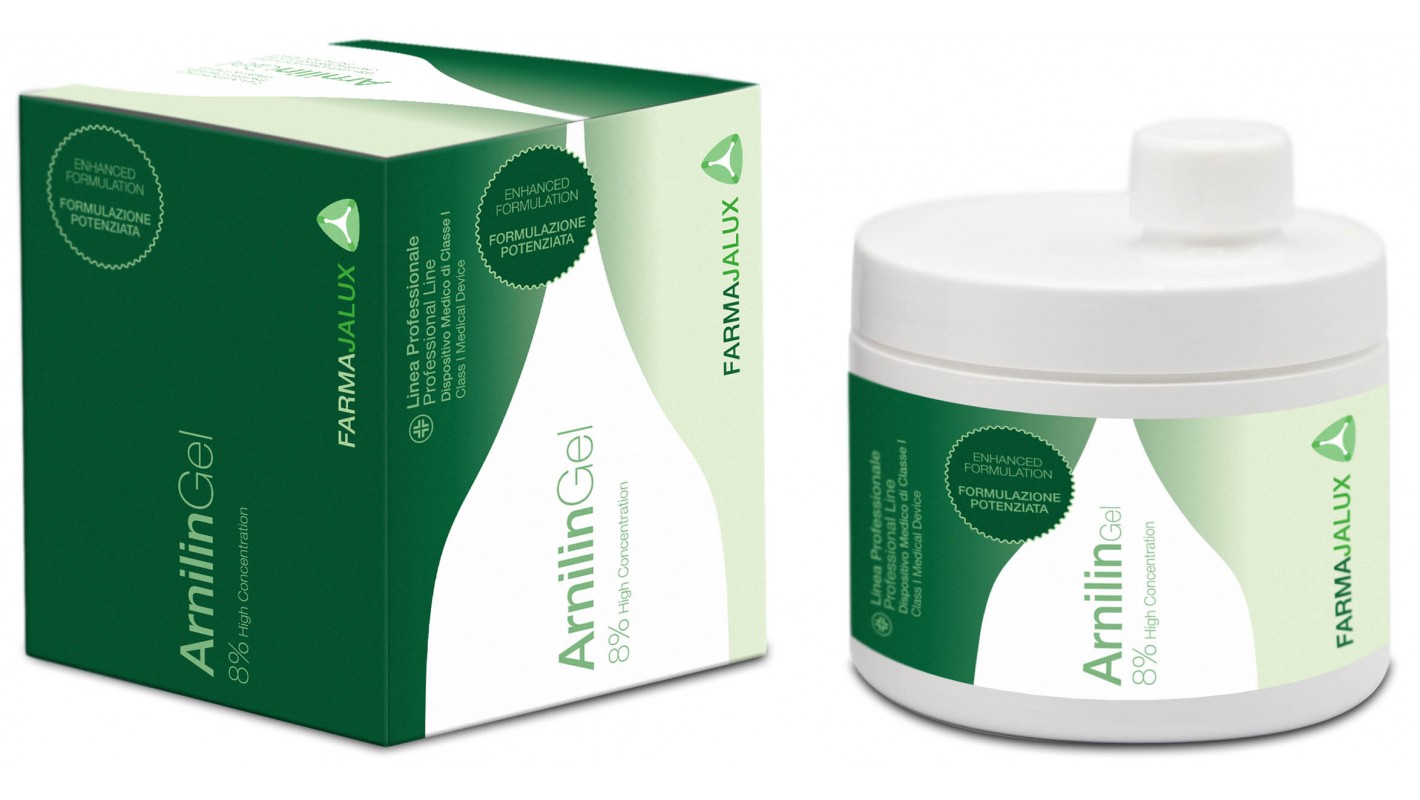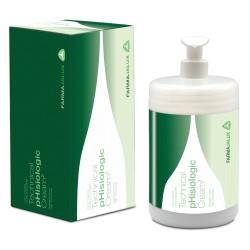Muscular-Skeletal
CANL5002Arnilin Gel (8%)
Based on:
- Ozone: 0.5%
- Arnica Montana: 0.5%
- Calendula: 0.5%
- Devil's Claw: 1%
- Glucosamine: 2%
- Chondroitin: 2%
- Horse Chestnut: 0.5%
- Boswellia: 0.5%
- Vitamin C: 0.5%
This high-concentration molecular gel complex is formulated to be used in combination with medical devices designed for treating pain symptoms associated with the musculoskeletal system, aiming to reduce muscle fatigue and stiffness.
For Orthopedists, Physiatrists, and Sports Physicians
Packaging: 500 ml
Class 1 Medical Device
Bibliographical Notes on the Functional Properties of Plants
-
Arnica Montana
Remarkable anti-inflammatory and analgesic activity. -
Calendula
The composition of the phytocomplex extracted from calendula makes it versatile. -
Devil's Claw
This plant is well-known and widely studied for its properties. It is analgesic, anticonvulsant, anti-inflammatory, and chondroprotective. -
Glucosamine
A high molecular weight polysaccharide and an essential component of articular cartilage. Supplementation with glucosamine can stimulate cartilage cells (chondrocytes) metabolically. -
Chondroitin Sulfate
Chondroitin sulfate is a glycosaminoglycan (GAG) that forms the structural part of connective tissues, particularly composing the amorphous or fundamental substance of the extracellular matrix (ECM). It is believed that its supplementation may stimulate new synthesis of more chondroitin sulfate, while also inhibiting enzymatic degradation by elastase and hyaluronidase. -
Horse Chestnut
Horse chestnut extract is known for its draining and anti-inflammatory properties. -
Boswellia
Thanks to the presence of acetyl-11-keto-beta-boswellic acid, this plant has anti-arthritic, anti-inflammatory, and analgesic properties. -
Ozone
A trivalent molecule that induces an endogenous antioxidant effect, increasing oxygen supply to tissues through vasodilation. Ozone is also known for its proven anti-inflammatory effect. -
Vitamin C
Antioxidant effect capable of preventing and counteracting the formation of free radicals. Some in vitro studies highlight its potential to stimulate new collagen synthesis, resulting in increased skin tone and elasticity.





















